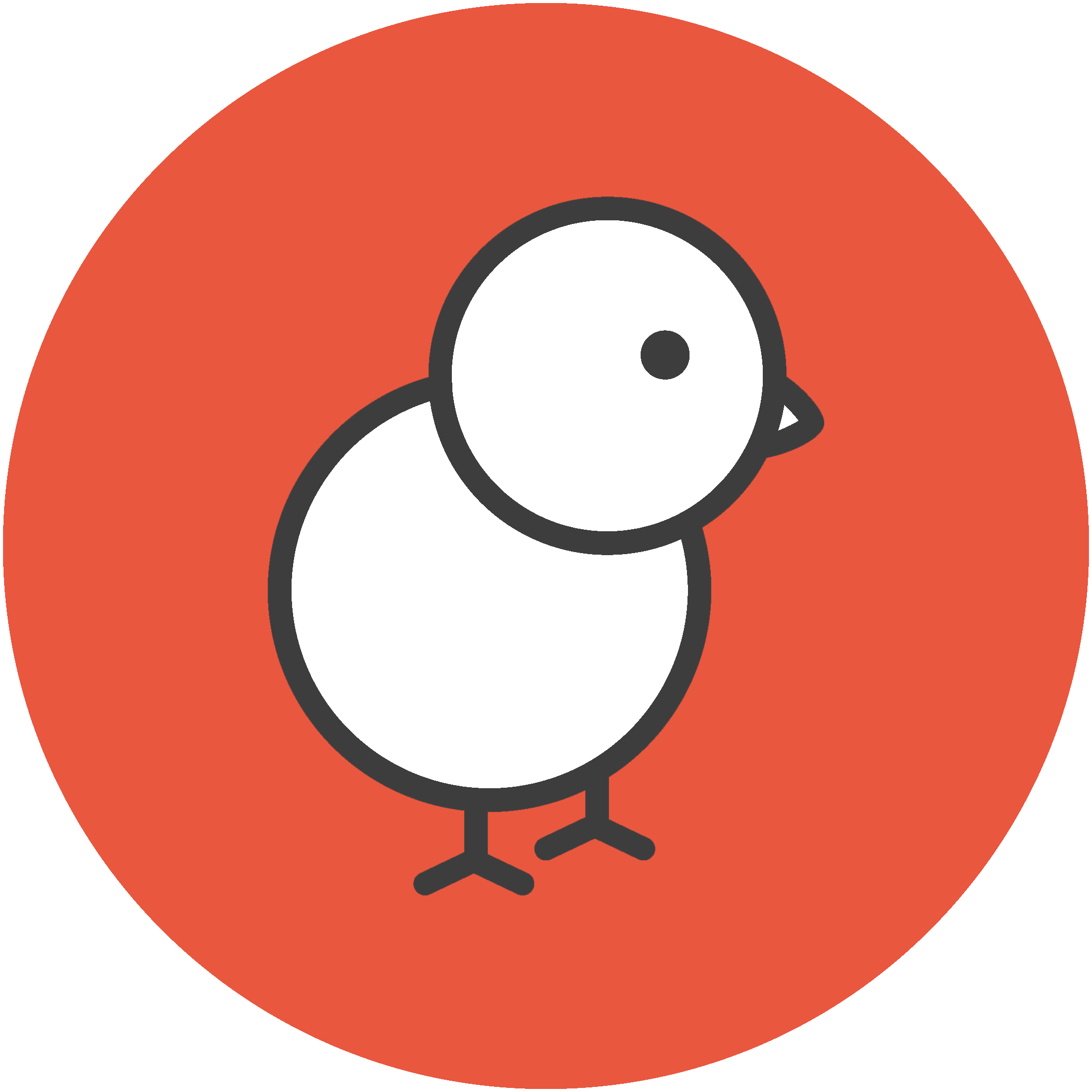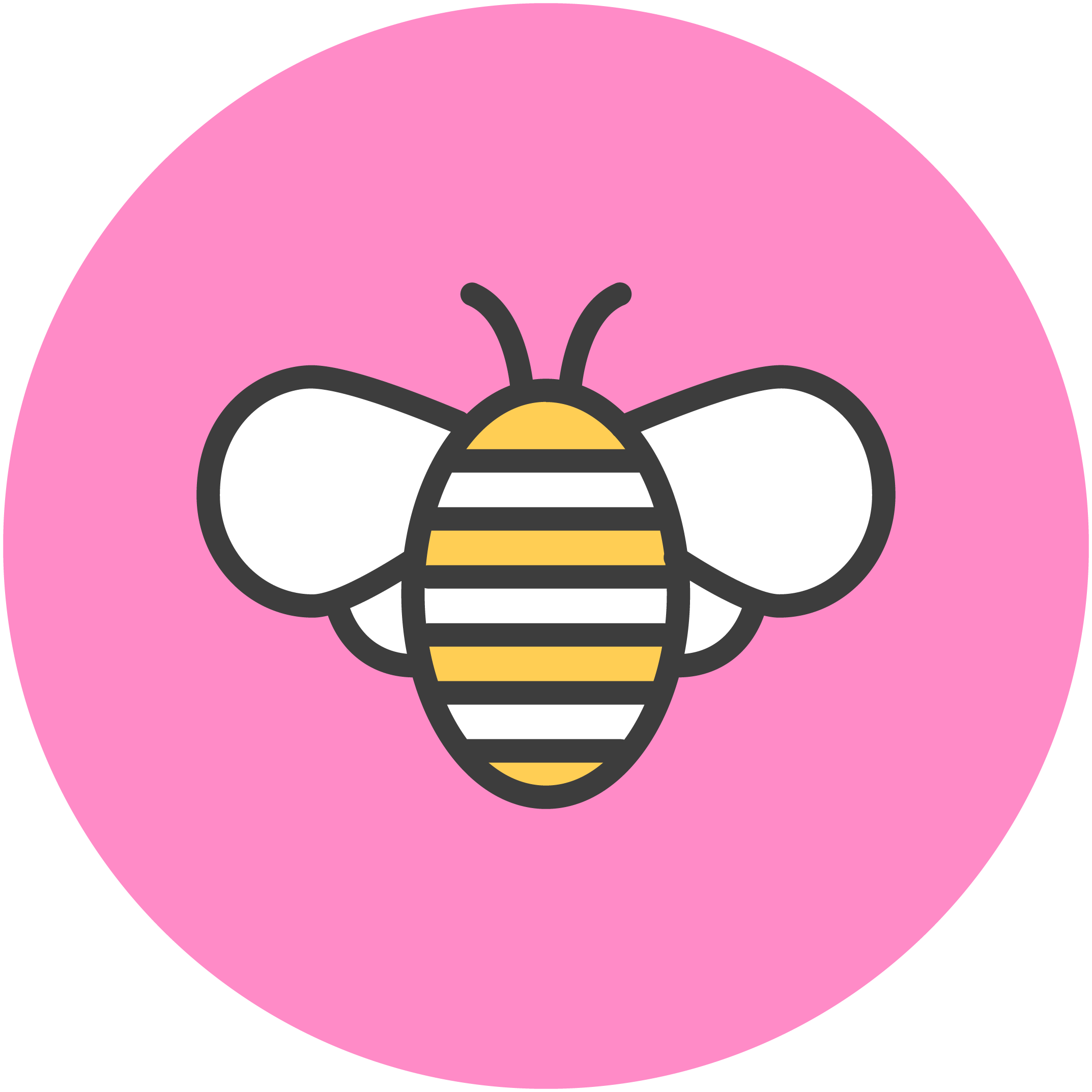aldous huxley's dystopian novel published in 1932 has been the subject of debate since its release: is "brave new world" a dystopia or a utopia? to understand the genre of the novel properly, it's essential to look at the characteristics of dystopian fiction:
– the use of propaganda to control society
– restrictions on access to information, freedom, and independence
– society's adulation of a symbolic leader or concept
– society constantly feeling under surveillance
– society's fear of the outside world
– society living in dehumanized systems
– alienation from and disbelief in nature
– society conforming to the same expectations, resulting in a lack of individuality and diversity
– society being a reflection of a perfect utopia
huxley's novel exhibits all but one of these characteristics. the bokanovsky process and fordism in "brave new world" serve as tools of propaganda to maintain control. the book's representative of these themes is the western european world controller, mustapha mond. throughout the book, we see bans on science and art, and nobody is truly free. there's worship of the concept of fordism. you witness the fear of lenina crowne when she visits the savage reservation with john, who represents the outside world. the characters perfectly conform to the system, indicating the dehumanization of the established order. emotions, pain, or freedoms are absent; instead, they are replaced with sensory films and "soma," a drug they never part without. the isolation of john's place, the savage reservation, is an example of the exclusion of nature. characters are divided into classes, and each class is standardized. lastly, the book gives an air of utopia. except for the characters feeling under surveillance, the book perfectly encompasses dystopian elements.
the real issue, though, is huxley's choice of a soft dystopia over a harsh one. unlike 1984, where political oppression crushes society, "brave new world" offers its society a "false" happiness. this is what baffles readers and gives a sense of utopia: the characters are happy, but this happiness is tied to the system shaping them from birth and their frequent use of the drug soma.
in the novel, there is a robotic caste system: people are pre-programmed before birth as alphas, betas, gammas, deltas, or epsilons. alphas are tall, intelligent, and attractive, while deltas are short, programmed for labor, and stupid, with the intelligence of a five-year-old at most. thus, the lower classes, the deltas, and epsilons, are happy.
in essence, huxley has killed the concept of "human" and replaced it with "human-like robots," creating a utopia-looking dystopia. huxley's message is that it's impossible for humans to create a utopia on their own. if stability and order are desired, personalities must be killed and people must become dependent on drugs. the book lacks art, family, emotions, books, freedom of thought, or science. these are things that the system opposes because a robot does not need these concepts.
like "1984," "brave new world" contains a totalitarian regime, but instead of using torture like room 101, it aligns its characters with soft methods like the bokanovsky system and soma, yet the result is the same: society loses its freedom. the utopia "brave new world" provides is not for people but for humans who have lost their human traits. this is why huxley includes a character like john the savage. john represents "the human" in every sentence and action against the robotic system. what he tries to convey is that either we live in fake happiness as the system intends, or we feel real happiness like john, but with its pains.
in the sixteenth chapter, the conversation between john and mustapha mond mentions that they have given up science and art (or, in other words, their humanity) for stability and happiness.
huxley's model of utopia is a system cleansed of humanity. he does not envision a perfect political structure or educated people like thomas more, but a system that eradicates the self. that's why "brave new world" is a dystopia. replacing tyranny with happiness does not change the fact that it annihilates the human self.
as stated in the adaptation of the host, which also has a utopic dystopia like "brave new world," "our world had never been so perfect, but it was no longer our world."
noteworthy entries of this week (3)
-
brave new world
-
artificial intelligence
it will completely erase shared culture.
in the '80s and '90s, people more or less watched and listened to the same things. the next day, they would discuss and critique these in the office or at school, sharing their thoughts with friends. with the widespread adoption of social media, instead of a collective culture, a niche culture that only followers are aware of has started to emerge. someone might become famous somewhere, but you don't know who they are, right? yet, they have hundreds of thousands or maybe even millions of followers.
with the advent of artificial intelligence, this niche culture will be replaced by a completely "personalized culture." for example, think about spotify. you have marked the songs you like one by one. with the development of ais that produce good music, songs created specifically for you based on your preferences will start to play. no one else will know about them. you can extend this to films, series, and other types of content. thus, everyone will be exposed to what they like. in a way, it's good, but in another, it's bad. in the end, everything will become more individualized. there will be no common ground for sharing.
if i live long enough, i would love to see a high-quality ai that allows me to choose the actors in a film made just for me. -
mansplaining
imagine this guy named chad who thinks he knows everything. he's got this unshakeable confidence, and he just can't resist explaining things, especially to women, even when they already know it—or worse, when they're experts. that's mansplaining in a nutshell.
picture tech savvy tammy, a software engineer with a decade of experience. chad, who just read a beginner's guide to coding, starts telling her how to write a basic program. tammy's internal monologue is probably something like, "thanks, chad. i only do this for a living."
then there's fitness fiona, a personal trainer. she's at the gym, working out, and chad strolls over to show her the 'correct' way to do a squat. fiona's response is a polite smile, but inside, she's imagining hitting chad with a kettlebell.
or take history buff hannah, who has a ph.d. in history. at a party, chad starts explaining world war ii to her as if she's never heard of it. hannah nods along, all the while thinking, "is this guy for real?"
and don't forget guitar goddess gwen, who's been playing guitar for fifteen years and is in a band. chad, who just picked up a guitar last week, starts showing her how to play a chord. gwen's like, "oh really, chad? tell me more about this g chord."
the best part about mansplaining is chad's unshakeable belief that he's bestowing valuable knowledge upon the unenlightened. meanwhile, the women on the receiving end are caught between wanting to laugh and wanting to sigh deeply.
so, mansplaining is when a guy explains something in a condescending way to a woman, assuming she doesn't know it, even if she's an expert. it's like chad believes it's his duty to educate everyone, even when they don't need—or want—his 'wisdom.'


